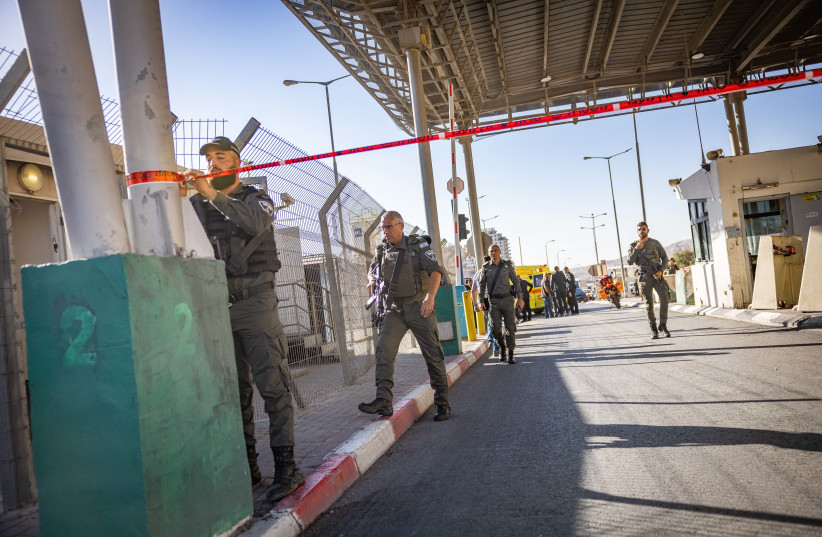Turkey's Deputy Foreign Minister Ahmet Yildiz told judges at the International Court of Justice (ICJ) on Monday that Israeli occupation of Palestinian territories is the root cause of conflict in the region.
On the final day of public hearings in a case examining the legal consequences of Israel's occupation of the Palestinian territories, Yildiz also addressed Hamas's October 7 attacks against Israel, which killed 1,200 people, and Israel's military response that has since killed over 29,000 Palestinians, according to figures from Gaza's Hamas-governed Health Ministry, which does not distinguish between combatants and civilians.
"The unfolding situation after October 7 proves once again that, without addressing the root cause of the Israeli-Palestinian conflict, there can be no peace in the region," he said on the sixth day of hearings.
"The real obstacle to peace is obvious. The deepening occupation by Israel of the Palestinian territories, including East Jerusalem, and failure to implement the two-state vision," he added.
The UN's top court, also known as the World Court, is hearing arguments from more than 50 states following a request by the UN General Assembly in 2022 to issue a non-binding opinion on the legal consequences of the Israeli occupation.

Part of a broader legal push by Palestinians
The hearings are part of a Palestinian push to get international legal institutions to examine Israel's conduct in the West Bank.
Israel, which is not taking part in the hearings, said in written comments that the court's involvement could be harmful to achieving a negotiated settlement.
The Arab League's secretary general Ahmed Aboul Gheit described the occupation "an affront to international justice" in a statement read out by a representative.
It called upon the ICJ, also known as the World Court, to "confirm the illegality of this occupation and unambiguously rule on the legal consequences for all parties, especially those who turn a blind eye, facilitate, assist, or participate in any way in perpetuating this illegal situation."
Last week, Palestinian representatives asked the judges to declare that Israel is illegally occupying their territory and said its opinion could help reach a two-state solution.
The judges are expected to take roughly six months to issue an opinion on the request.
